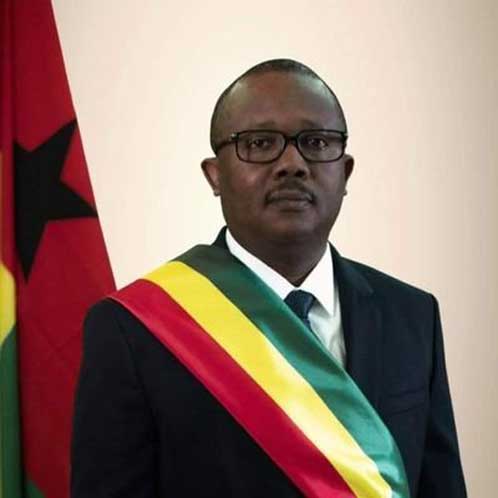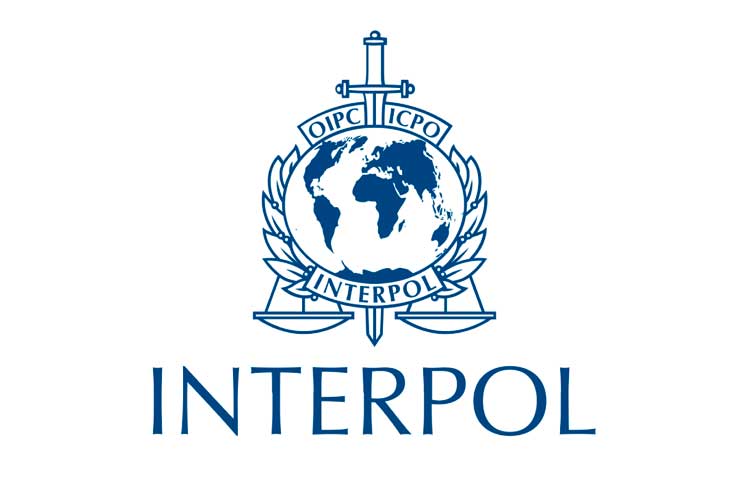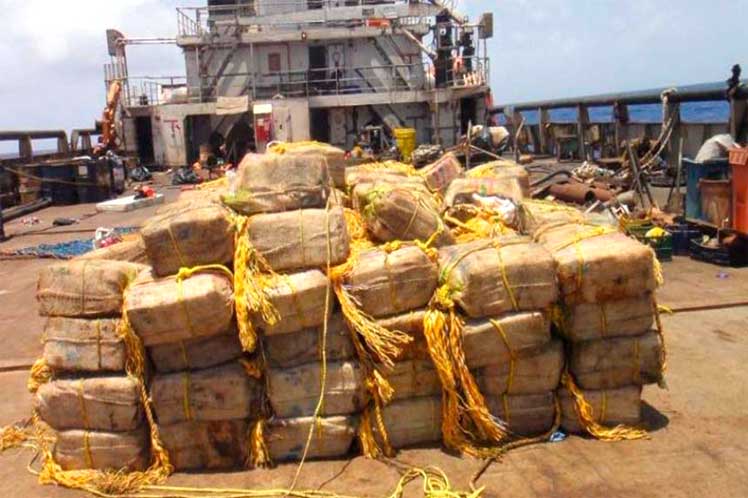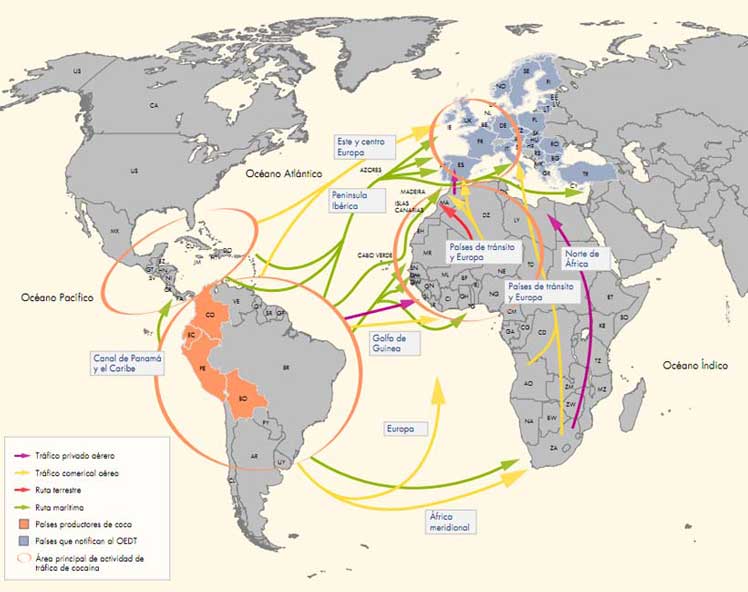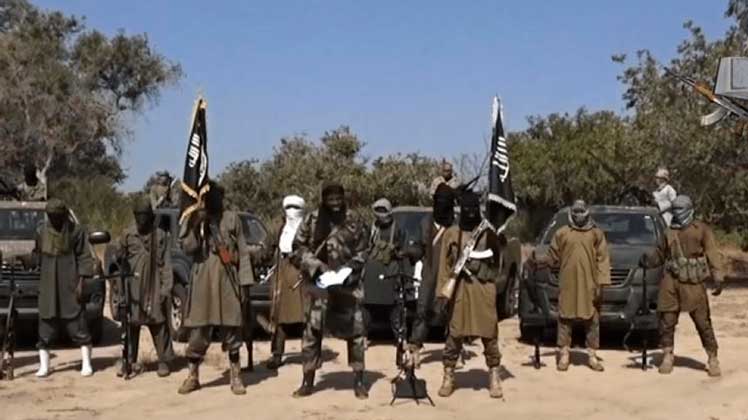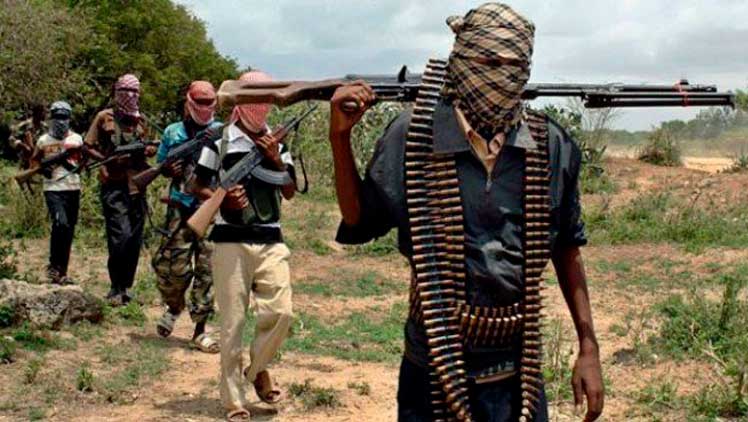The president denounced the possibility that the coup was linked to his fight against drug trafficking and with members of the so-called Movement of Democratic Forces of Kamanans, a Senegalese separatist armed group that in 1982 unleashed Africa’s longest-running insurgency.
It was a cold-blooded attack. The perpetrators are certainly not members of our military. They were criminals, they wanted to stop my fight against international drug trafficking,” the president announced the coup attempt that killed 11 security forces and four civilians.
Although the plot did not achieve its goal – most likely to assassinate Sissoko Embalo and his cabinet – it has raised questions about how persistent the multi-million dollar drug trade has been in the public attack on a government trying to stop it.
Searching for the Roots of the Dilemma The research leads back to the 1990s and 2000s, when Guinea-Bissau was subjected to serious political tensions that included the assassination of João Bernardo “Nino Vieira” and the killing of two army leaders, Ansumani Mane and Batista Tajme na Wai. .
Political violence was then another component of the national mosaic, but not even the small African nation of Lusophony did not suffer the intoxication with the drug smuggling with which it is now associated, and which, if true, various statements by international institutions have attacked the foundations of national tranquility.
“Drug trafficking contributes to instability in areas where rebel groups operate, which is why it is necessary to implement stricter sanctions and zero-tolerance policies in order to maintain governance, economy, stability and public health in West Africa.”
In this assessment by Cornella Floranda Vieira T, Head of the National Central Bureau of the International Criminal Police Organization (INTERPOL) in Guinea-Bissau, she emphasized the role of drug trafficking in the increase of armed violence as a criminal method of fighting power. ..
It is well known that maintaining stability in West Africa goes through reducing this criminal activity. In 2019, Paul Stanfield, INTERPOL’s Director of Organized Crime and New Criminal Trends, emphasized that “Guinea Bissau will not tolerate drug trafficking networks using its territory (…)”.
Former President José Mario Vaz stated that Guinea-Bissau’s “Great War” is against drug trafficking, and admitted that it was a tough battle to fight. The Global Initiative Against Organized Crime reports that “at least 30 tons” of cocaine pass through Guinea-Bissau each year, partly destined for terrorist networks (…)”.
However, the succession of crises and instability in a country that has suffered more than 15 coups since its independence had an impact on its social and economic situation, which was exacerbated by the Covid-19 epidemic, because the adversities acted in groups against the countries that had suffered wounds that affected his life. political construction.
Libya, another victim
In this case, there is also Libya, whose decline since 2011, when members of the North Atlantic Treaty Organization (NATO) and Arab allies overthrew and assassinated Muammar Gaddafi, turned the country into a transit point for narcotics.
Alternativepressagency.com reported that “the large quantities of drugs seized in Libya or on their way to its territory indicate that the North African country has become a major player in the new routes used by international organizations to smuggle drugs.”
In the past 20 years, according to calculations, a third of the cocaine entering Europe comes from West Africa and largely from the northern region, generating estimated profits for criminal gangs between 450 and 1150 million dollars annually.
Combined with the Libyan instability having a coastline with ports from which drugs somehow enter, which is related to the supposed tendency of drug traffickers to find ways to enable the transport of illicit goods to European areas.
“It is very likely that the proportion of cocaine from North Africa will increase because the production of this drug has increased and it is necessary to distribute it and make it reach more and more markets. In addition, the demand continues to rise in Europe and Asia (…) “, quoting the information agency The strategy.
The issue of drug trafficking in the western region of the continent, to which cocaine arrives from South America, is not new, and then these cargoes are transported in small boats sailing to the ports of the Gulf of Guinea and the African Atlantic coast, frequent use, according to experts.
However, due to the growth in demand – mainly directed to the ancient continent – measures to combat this pest have also increased with the staggering increase in seizures, reports the United Nations Office on Drugs and Crime (UNODC).
The lack of security in southern Libya has allowed criminal gangs to control many of the corridors through which drug and arms smuggling networks spread, a rampant act that promotes terrorism and worsens the lives of the civilian population trapped for 11 years in a state of instability.
In this complicity, the issue of Al-Qaeda in the Islamic Maghreb is highlighted, which operates in the Libyan parts and in the western part of the Sahel region, where for years it financed its operations with illegal activities, including cooperation with drug smugglers. .
“Since the beginning of this century, sub-Saharan Africa has acquired an important role in international drug trafficking, becoming an intermediate step for the transportation of various illegal and narcotic substances from producing countries to consuming countries,” said the Spanish Institute for Strategic Studies. .
Meanwhile, concerns are growing about the power of the “drug lords” in West Africa and its northern region, in connection with the clandestine entry of drugs into the European Union, and their harmful consequences are seen in the eastern parts of the continent.
The East is in danger
Aurora M. said: Alcojor at elordenmundial.com says the east coast of Africa has been boosted “as a heroin route between Afghanistan and Europe thanks to thousands of kilometers of poorly guarded beaches and poor port controls”. He explained that the drug crosses Pakistan and Iran in trucks to the Gulf of Oman where it is shipped to Africa.
Some scholars believe that the extension of false jihad (Islamic jihad) can mask the economic motives for creating geographically corrupt markets, in which drug production and marketing thrive.
This conflict, undertaken by armed factions exercising distorted Islamic recognition, has amassed more than 15,000 adherents and is considered the largest rebel force in the world; Their actions range from the Ivory Coast to Mozambique, where the Cabo Delgado region was attacked by the “Mujahideen”.
However, there is a consensus that a state that tolerates excavation of a terrorist site tends to perish, and therefore, in order to completely eliminate the dilemma, it is necessary to stop armed hostility, and prevent the reign of panic and rebellion that sometimes masks the drug trade.
But taking into account the progress in the field of security forces, the ideological failure of the radical organizations is presumed, although they tend towards terrorism as an instinctive option to avoid the vagueness of their ideological proposals, including the establishment of the new caliphate.
The gradual involvement of extremist rebel groups in drug trafficking increases their destabilizing potential by generating a more complex criminal phenomenon such as drug terrorism, which attempts to limit the institutional presence in the regions in which they operate and thus reduce the legitimacy and stability of the African state.
This deviation from the monopoly of violence (an intrinsic feature of official power) has an impact on a democratic system’s susceptibility to governance, stands out for its ability to corrupt and intimidate state agents when the advocacy project stops working, and drives countries to moral morality. Poverty is on the way to bankruptcy.
arp / avs / mt

“Unapologetic tv specialist. Hardcore zombie trailblazer. Infuriatingly humble problem solver.”

